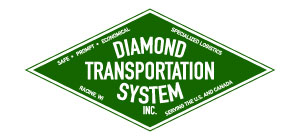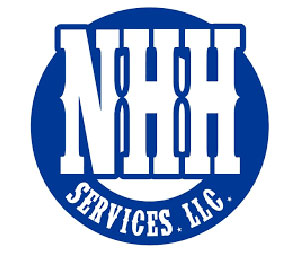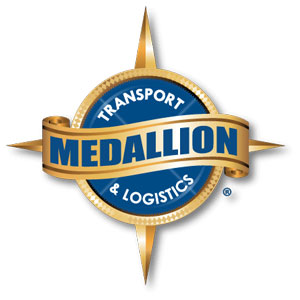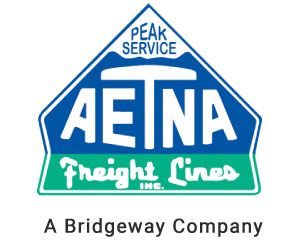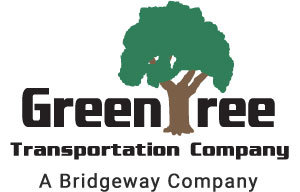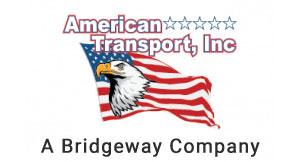What is Considered Heavy Haul Trucking?
The trucking industry is a vital component of modern society. Without trucks, goods wouldn’t make it to market so efficiently, meaning that these vehicles act as the backbone of the economy. However, while thousands of trucks are on the road at any given moment, what about heavy or oversized loads?
Heavy haul trucking is a unique form of transportation because it only works for loads that can’t fit within a standard semi-trailer. Examples can include windmill blades, construction equipment, farming machinery, and more. But how does heavy haul trucking work? What if you need to transport some specialty goods? Let’s dive into this essential service.
Difference Between a Regular Haul and a Heavy Haul
As a rule, any load that doesn’t fit within standard transportation dimension guidelines can be considered heavy hauling, even if the cargo itself isn’t particularly massive. These parameters are as follows:
- Width – Eight feet and six inches
- Length – 50 or more feet
- Height – 13 feet and six inches
- Weight – Over 80,000 pounds
So, pretty much anything outside of these dimensions has to follow heavy haul trucking rules and regulations. That said, each state can set its own heavy haul requirements, so if you’re transporting goods or equipment across state lines, you have to consider any unique changes or adjustments that might affect your load.
Another point to consider is that the axle type matters too. The U.S. Department of Transportation states that no truck can haul more than 1,200 pounds on a steer axle, 20,000 pounds on a single axle, or 34,000 pounds on a drive or tandem axle. So, the number of axles on the truck and trailer combo matters because it may limit how much you can haul, regardless of its dimensions.
Characteristics of Heavy Haul Trucking
Unlike standard trucking services, heavy hauling requires specialized logistics and attention to detail. Some characteristics of these loads can include:
- Clearance Issues – Tall loads, such as construction equipment, can make it hard to maneuver within city limits. Truckers have to consider any potential clearance obstacles, such as low bridges, power lines, and more. So, high-quality heavy haul trucking companies need to plot their routes ahead of time to avoid such challenges.
- Permitting – As we’ll discuss in the next section, heavy haul trucking requires extra permits and documentation. If you’re crossing state lines, you need to address any state-specific regulations and fees. Overall, these permits can inflate your costs substantially, especially if you’re transporting goods over long distances.
- Safety and Security – Semi-trailers work well for most cargoes because they’re relatively easy to secure. However, heavy hauls and oversized loads may be exposed to the elements. So, you have to make sure it will stay safe and secure during the transport process. Overall, you want to avoid arriving at your destination with a damaged or broken piece of equipment.
Restrictions and Requirements of Heavy Haul Trucking
As we mentioned, each state sets its own rules regarding what constitutes a “heavy load.” Also, the permits and regulations required for heavy loads often apply to oversized cargo. Here are some points to consider:
- Travel Time Restrictions – Typically, heavy haul trucks can be on the road from half an hour before sunrise to half an hour before sunset. These trucks aren’t allowed on the road at night because visibility is much lower, so it’s easier to hit obstacles without realizing it. Also, trucks cannot travel on holidays to avoid potential snarl-ups with holiday traffic.
- Signage – Wide, tall, and oversized loads need extra signage and warning lights. These elements can warn other drivers about the dangers ahead so they can slow down and accommodate the vehicle more easily. The specific signage varies based on the type of load and the state.
- Pilot Vehicles – As a rule, if a trailer exceeds 100 feet, it needs a rear vehicle to notify drivers. If it’s longer than 125 feet, it also requires a front pilot car. In some cases, these vehicles may use height poles to determine if there are any obstructions ahead.
Otherwise, you need to file for transport permits if any load exceeds the dimensions listed above.
Haul Your Heavy Loads With Osage Specialized Trucking – Contact Us
Don’t trust your oversized and heavy loads to just anyone. Your cargo is precious, and we’ll treat it like our own. We offer a wide range of heavy haul trucks and trailers to suit your needs. Contact us today to find out more.





